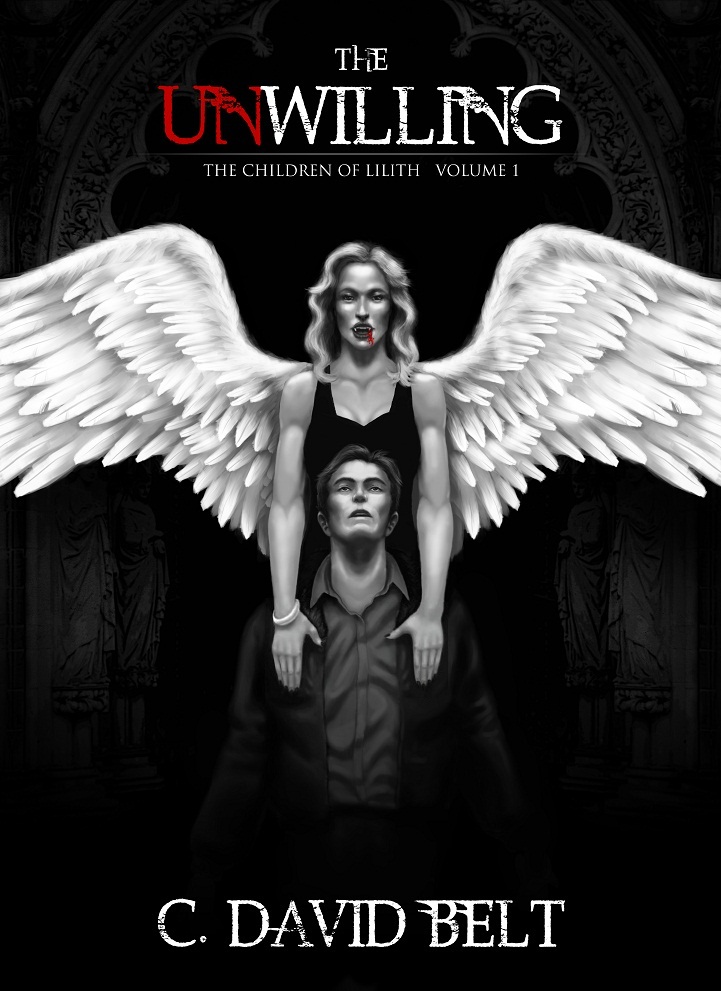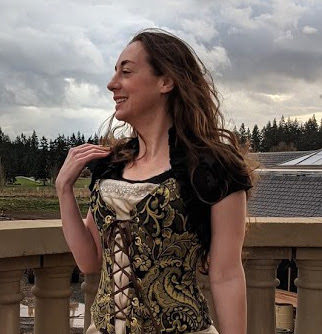Deirdra: When did you write your first book and how old were you?
I have been writing since I was nine, but did not complete an actual book until I was about 25. It only took me three months to write it, but since I did not really know what I was doing, it took me seven years to get it edited and…
Saturday, April 27, 2013
Saturday, April 13, 2013
Family Size and Interview with Maria Hoagland
Jessica loves being the mom of an ever-expanding family, but when an ultrasound throws her a curve, can she adapt with grace?
Dragged away from home, Maya feels deserted by her workaholic husband in a land of confusing accents and church cliques. What will it take to acclimate and save her marriag…
Wednesday, April 3, 2013
Interview with the Amazing C. David Belt!!!!!
C. David Belt was born in Evanston, WY. As a child, he lived and traveled extensively around the Far East. He served as an LDS missionary in South Korea and southern California (Korean-speaking). He graduated from Brigham Young University with a Bachelor of Science in Computer Science and a minor i…
Subscribe to:
Posts (Atom)
Total Pageviews
Pages
- Home
- Art
- The Watchers Books
- Time Management For Creative People Workbook
- Book Trailers
- About Deirdra
- Clothing Designs and Paper Dolls
- Photography
- The Watchers Screenplay
- Crafts and Remodeling
- Book Covers
- Animal Family
- Free Stuff
- Watchers Worldwide
- Q & A
- Contact
- Recipes & Food Art
- Family Safety Advocacy
- My Garden
- Endorsements
- The Sanctuary
- News & Events
- Little Church on the Prairie
- Religious Women's Studies
- A Storybook World Podcast
|
Add this to your site |
Highlight the code below to get A Storybook World button









